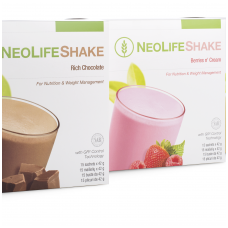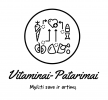Mineral (Potassium)

Who needs it?
Potassium facilitates the entry of nutrients into cells and the removal of metabolic waste from cells , supports the health of muscles and nerve tissue , maintains fluid balance in the body ,relaxes muscles , participates in the production of insulin , which is needed to control blood sugar levels and the production of energy from glucose , necessary for cardiac activity , activates intestinal peristalsis.
Signs of deficiency
Rapid and irregular heart beat, muscle weakness , aching pain and numbness in the limbs , irritability , nausea , vomiting , diarrhoea , bloating , cellulitis , low blood pressure due to inadequate potassium-sodium balance, confusion and apathy.
How much?
RDA (recommended daily intake) 2000 mg
OPN (optimal daily intake) 2000 mg
Toxicity
A single dose of 18000 mg (18 g ) may result in cardiac arrest.
Recommended foods
Watercress ( 329 mg), andive (316 mg), cabbage ( 251 mg), celery (285 mg), parsley (540 mg), zucchini (248 mg), radish (231 mg), cauliflower (355 mg), mushrooms ( 37 mg), pumpkin (339 mg), molasses (2925 mg)
Assistants
Magnesium helps to hold potassium inside the cell.
Thieves
Excess of salt (sodium chloride), alcohol , sugar, diuretics , laxatives , corticosteroids, stress .
Source
Patrick Holford" the new bible of optimal nutrition " P. 487 book publisher (medical research and Consulting Center)

 +370 679 670 37
+370 679 670 37